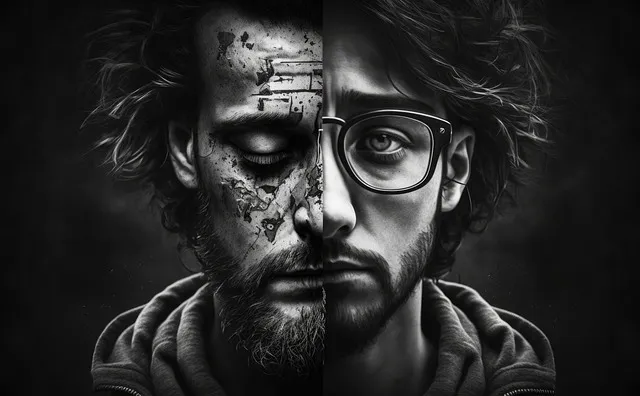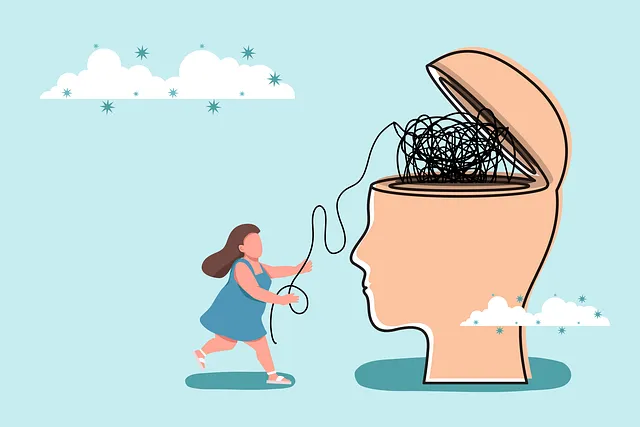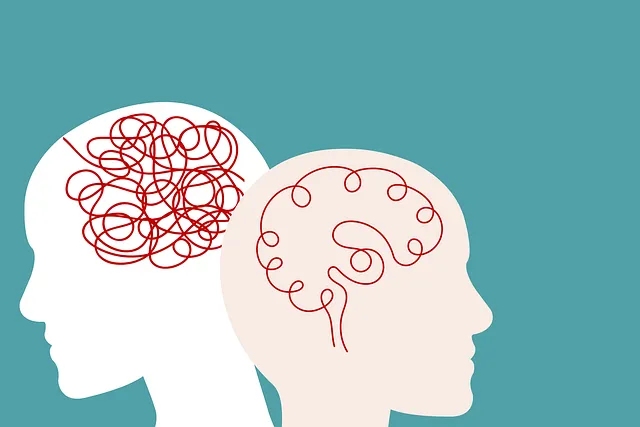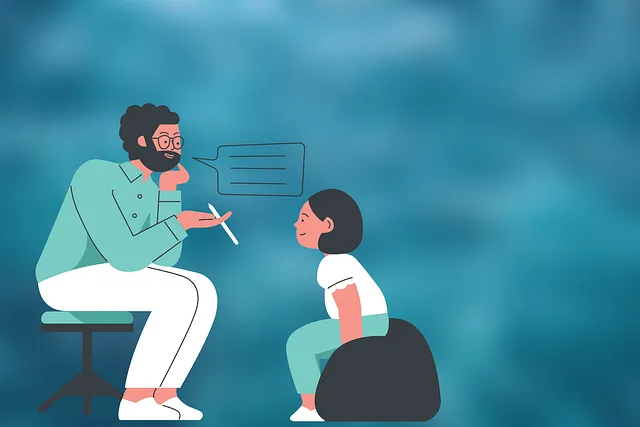Stigma around mental health creates barriers to care, but organizations like Littleton Kaiser Permanente's behavioral health services combat this with resources and support. Media representation impacts public perception of mental illness, with accurate narratives reducing stigma and fostering empathy. The Littleton Kaiser Permanente behavioral health number plays a key role in promoting self-care and therapeutic techniques through media storytelling, leading to increased accessibility of resources for those seeking help.
In today’s digital era, media plays a pivotal role in shaping public perception about mental illness. Often, inaccurate or stereotypical portrayals can fuel the stigma surrounding mental health issues, such as those observed at the Littleton Kaiser Permanente behavioral health number. This article delves into understanding the profound impact of media on mental health stigma, examining its role in society and offering strategies for more accurate representation that can drive positive change.
- Understanding Mental Health Stigma in Society
- The Role of Media in Shaping Public Perception
- Strategies for Accurate Representation and Positive Change
Understanding Mental Health Stigma in Society

Stigma surrounding mental health is a pervasive issue, deeply rooted in societal misconceptions and fear. This misconception often leads to discrimination, isolation, and a reluctance to seek help, creating a barrier for individuals facing challenges with their emotional regulation. The impact of this stigma can be severe, affecting not just the affected individual but also their families and communities. Organizations like Littleton Kaiser Permanente behavioral health services play a crucial role in combatting this issue by providing resources and support, aiming to improve self-esteem and foster mental health awareness.
Media representation significantly contributes to shaping public perception about mental illness. Negative or stereotypical portrayals can reinforce stigma, while accurate and empathetic representations have the power to normalize conversations around mental health. By presenting diverse narratives that reflect real-life experiences, media has the potential to educate audiences, promote understanding, and encourage empathy. This shift in perspective is essential for creating an environment where individuals feel supported and less afraid to prioritize their emotional well-being.
The Role of Media in Shaping Public Perception

Media plays a pivotal role in shaping public perception about mental illness, often influencing how society understands, treats, and supports individuals dealing with behavioral health challenges. The portrayal of mental health issues in films, television shows, news coverage, and social media can either perpetuate stereotypes or challenge them, making it a powerful tool for either harm or healing. For instance, the media’s consistent use of dramatic and sensationalized narratives about severe mental illnesses can contribute to stigma and fear, while balanced and accurate representations can foster empathy and understanding.
In the context of Littleton Kaiser Permanente behavioral health services (a leading provider like this one) and initiatives aimed at emotional well-being promotion, media has a responsibility to represent mental illness accurately. By integrating self-care practices and showcasing effective therapeutic techniques through storytelling, media can contribute to Mental Health Policy Analysis and Advocacy, encouraging open conversations about emotional well-being. This shift in representation can lead to increased accessibility of resources for those seeking help, reflecting the broader societal move towards destigmatizing mental health issues.
Strategies for Accurate Representation and Positive Change

Accurate representation of mental illness in media is paramount for fostering understanding and reducing stigma. Organizations like Littleton Kaiser Permanente behavioral health number play a vital role by providing resources and expertise to ensure authentic storytelling. They collaborate with professionals, individuals living with mental illness, and advocates to offer insights on coping skills development, stress reduction methods, and depression prevention, thereby promoting positive change in media portrayal.
By integrating these strategies, the media can move beyond simplistic or stereotypical depictions of mental health issues. Accurate representation includes showing diverse experiences, emphasizing recovery narratives, and portraying individuals as whole people with unique stories rather than defining them solely by their illness. This shift can lead to a more empathetic society, better equipped to support those facing mental health challenges.
Media has a significant role in shaping societal perceptions about mental health, often perpetuating stigma. However, through strategic and accurate representation, we can challenge these negative stereotypes. By fostering open conversations and showcasing diverse narratives, the media can contribute to reducing the stigma surrounding mental illness. Encouraging platforms like Littleton Kaiser Permanente behavioral health services, where honest discussions take place, is a step towards positive change. We must continue to advocate for responsible media portrayal to ensure those struggling with their mental health feel seen, understood, and supported.






